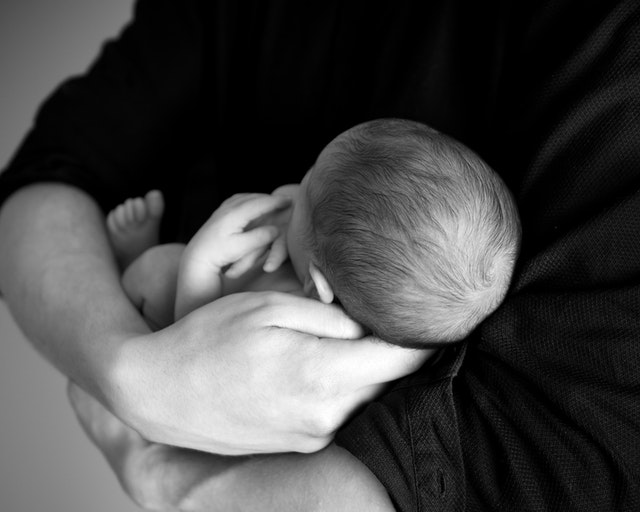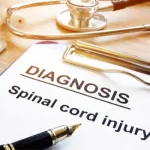
Image Source: Pexels
The birth of a baby is a joyous occasion and reason to celebrate for mother, father, and everyone in the family. It is rare, but there are times when the birth does not go as planned. Any number of things could go wrong, and the baby or mother could be injured during the birth process.
One of the most devastating injuries that can occur is a brain injury. There are different reasons for this type of injury, although there are only a few outcomes and, unfortunately, none of them involves a full recovery.
If your infant has a brain injury, you may want to consult the Chicago birth injury attorneys to find out what your rights are and what to do next.
What can happen during birth?
There are a number of reasons a baby may suffer from a brain injury at birth.
- Lengthy labor
- Difficult labor/Problematic delivery
- Larger baby – over 8.13 pounds
- Babies born before 36 weeks
- Unusual positioning of the baby – the baby is coming out upside down, but first or feet first.
- The mother’s pelvis is too small or an unusual shape
- The lack of oxygen during birth
- The lack of blood flow to the baby’s brain during birth
- Head trauma
Complications during childbirth are not always recognized and something like a brain injury may not be noticed immediately.
Signs that could point to a brain injury in a newborn baby are:
Physical symptoms – a large forehead, a small skull and/or head, distorted or unusual facial features, a stiff neck, difficulty focusing the eyes, seizures, or a disfigured spine.
Nonphysical symptoms – uncontrollable fussiness, excessive crying, not wanting to eat, not wanting to sleep, slow to develop their fine motor skills, and general irritations that cannot be connected to anything.
Normal babies will calm down if they are only teething, wet, or hungry. Babies suffering from a birth injury to the brain will not be able to be consoled and will continue to cry and fuss. This type of injury will prevent a baby from sleeping, eating, and sometimes soiling their diaper.
Behavioral symptoms – delays in developing language and vocabulary, they may be highly sensitive to light, pain, noise and many other stimulants. As they grow, they can’t seem to focus or control their emotions like anger and sadness. They may not have any impulse control or act out more than a child of that same age.
Getting a Diagnosis
If there are no physical symptoms at birth, the parents may have a hard time getting a diagnosis of birth brain injury. Sometimes the symptoms don’t show up until much later in their life, and, they can be similar to other issues.
A pediatrician that can’t find anything physically wrong with your baby, may refer you to a child psychologist. They may also rely on scans like a CAT scan or an MRI to determine if there is anything going on in the brain that can be attributed to a birth issue.
About The Author:
Stacey Smith is a freelance health writer. She is passionate to write about women’s health, dental health, diabetes, endocrinology and nutrition and provide in-depth features on the latest in health news for medical clinics and health magazines.




![[Infographic] Healthy Activities For An Aging Brain Healthy Activities For An Aging Brain](https://www.safeandhealthylife.com/wp-content/uploads/2023/10/Healthy-Activities-For-An-Aging-Brain-1-150x150.webp)